Finding and hiring an agency to design your product is a pretty important step on the way to success. Designers will turn your idea into reality and create the look and feel of it for users. But how do you know who are the right guys for the job?

Of course, you want the designers to be professional and have great design skills. But other than that there are other pretty important things to know. You need to pay attention to organizational structure, the culture of collaboration, and company culture, as it impacts long-term relationships. And if you aim for a long-term and effective collaboration, you got to think about vision alignment, cultural match, and core values, too. It's also important to review the agency's work, such as case studies or past projects, to assess their expertise and reliability.
So, what are a few questions you should a design company to identify all these nuances?
Eleken was founded in 2015 and since then we have designed a number of successful SaaS products and worked with clients from around the world. Based on the experience we collected over the years, we came up with a list of questions that will help you identify if the partner is the right fit.
Why is it important to ask the right questions when hiring a UI/UX agency?
Choosing a design agency is more than just picking a creative team with a flashy website. It’s about finding a design partner who truly understands your business, your target audience, and your business strategies. With so many agencies out there, it’s easy to feel overwhelmed or to focus only on surface-level factors like price or portfolio. However, asking the right questions before hiring a design agency can make all the difference in your product's success.

The right questions help you dig deeper into an agency’s experience, their approach to the design process, and how they measure success for their clients. You’ll get a sense of how they handle project timelines, communicate with clients, and manage unexpected costs. A reputable agency will be transparent, provide examples of their work, and connect you with past clients for honest feedback. They’ll also be able to explain how their work supports your business goals and fits into your overall product strategy.
By taking the time to ask these key questions, you can avoid common pitfalls like misaligned expectations, poor communication, or results that don’t move the needle for your business. Ultimately, this process helps you find an agency that’s not just a service provider, but a true UI/UX partner invested in your long-term success.
Questions to ask before hiring a design partner
Start with the block of the basic questions, but pay attention to details as well as to a general tone of the conversation.
1. Can we take a look at your portfolio together?
Most agencies showcase work for other clients to demonstrate their expertise and industry knowledge.
So, most probably you have already seen the agency’s portfolio on their website. This question, however, will help you learn more about the experience and expertise of the design company you are considering. Chances are not all their projects are exposed on their website and there might be something you are looking for in their archives. Reviewing their past successes and the agency's track record with previous clients can help you assess their reliability and ability to deliver results.

The diverse portfolio reflects experience in different fields. If you are going to build a fintech or healthcare platform it’s beneficial for designers to have some experience in this field. Many agencies have worked with a variety of brands, which can be an indicator of their adaptability and understanding of different industry needs. Pay attention to the comments of your interlocutor. The solid and confident knowledge of the company’s portfolio reveals a serious and responsible partner.
Red flags:
- No portfolio. This is an absolute no-go. Even designers without any work experience build their portfolios. To protect yourself from scammers, don’t start the work with someone who cannot showcase any design projects.
- Poor portfolio. By poor portfolio we mean sloppy and poorly organized examples of the agency’s work. This reveals the agency’s attitude to work that you’d want to avoid. There can also be just bad design. Save yourself some time and resources and stay away from amateurs. It's important to see evidence of past successes and a strong track record to ensure the agency can deliver quality results.
- The portfolio does not match your vision, style, or taste. The matter of taste is subjective, of course, but if the agency works in one particular style and it’s not your cup of team, feel free to move on and find someone who designs products that you actually like.
2. What’s your organizational structure?
This one might seem less important, but knowing how the design agency works helps you match your expectations with what they offer. For example, there are agencies that connect you with freelancers to hire. This might be better when you need a quick design task, no strings attached.
However, when you need UI/UX design services to build a web platform or a mobile app for your product it’s best to rely on agencies that have experienced teams. At Eleken, we have a team of in-house designers that go through our training program, share our knowledge base, and receive constant mentorship and feedback from our design team lead.

It's important to understand the agency's team, their working style, and who your UI/UX partners will be, as these factors influence how effectively your project will be executed.
Red flags:
In-house designer vs agency choice depends on your needs. However, an unclear organizational model of the agency or a fully freelance-based model can be a red flag if you are looking for a reliable and experienced partner for product design.
3. How do we start working together?
Ask this question to uncover the work processes of the design agency. How quickly can they start working on your project? Do they require a design brief? Different agencies have different capacities; for instance, at Eleken we have a big team and can get onto your project quickly. We also do not require much input from you, work without a brief, and are good to go after the kick-off call.
At this stage, it's important to clarify who the main point of contact will be during the project to ensure smooth communication.
Red flags:
When the design agency makes you wait to answer the question, requires a detailed design brief, or doesn’t provide you with a clear understanding of how the cooperation is going to look like - it’s definitely not someone to cooperate with.
If you're unsure, you can always test drive the agency's onboarding process with a small initial project or consultation. For instance, we at Eleken offer a free 3-day trial so that our clients can test the waters before subscribing to our UI/UX services.

4. Tell me about your team.
This belongs to the culture block of questions. And when it comes to culture fit, you should trust your gut. Seriously, when talking about the workplace culture, it’s best to feel it, not rationalize. You can ask casual or tricky questions, or even make a joke. Your goal here is not to hear the correct answer from your potential partner, but rather to see their reaction. Is the team you are interviewing friendly and relaxed? Does your sense of humor match? Pay attention to these details during your first call.
It's also important to discuss how the agency aligns with your company goals, ensuring that both teams are working toward the same objectives. Additionally, understanding the agency's decision making process can help you evaluate if their approach fits your expectations and values.
To find out if the agency is the one you’re looking for, you can ask what was their last mess up or what clients they like working with. Pay attention to their communication style and see if you match there.
Red flags:
You feel that the communication style or accepted behaviors do not match your company’s culture. During the first call, a design agency representative acted unprofessional? They make inappropriate jokes or, on the contrary, they seemed cold and closed? These are the signs that they are not the best cultural fit.
5. What about the time difference?
The time difference is one of the biggest concerns for companies that consider hiring design agencies overseas. From our experience, it was never an issue. We adjust our schedules to our client's time zone and our work hours can extend from 8 am to 8 pm EEST. Look for agencies that are flexible and ready to find overlaps.
.png)
The time difference is something to discuss before starting to work with an agency located in another country, but it should not be a red flag itself. Pay attention if the company had clients from your time zone before, and ask how this worked out.
Red flags:
If the design agency does not have experience working with clients from different time zones, it can lead to some unnecessary friction. The other sign that should get you concerned is when the design agency is too strict with the client and is not willing to adjust to the client’s timeline.
6. What about the price?
The question that many consider the most important is the price. We recommend looking not just at how cheap or expensive the design services are, but more at the price/quality ratio and additional things the agency can offer you.
Keep in mind that certain services work better for specific business needs, so it's important to discuss which services are most effective for your goals. Agencies with industry-specific experience may also do a better job of meeting your requirements.
Choose the design partner according to your budget and don’t hesitate to ask what’s included in this price and how the price changes when you, for instance, need an extra designer for your project.
The popular myth is that more affordable services are an indicator of poor quality. In fact, the price depends on many factors and is often related to the location of the company, not just their professional level. So, look at the portfolio and interview the agency thoroughly.
Red flags:
When you don’t understand what is included in the price, how the price changes if the circumstances changed. A shady price policy is definitely a red flag.
7. What are your cancellation policies?
To avoid confusion in case things don’t go as planned, we recommend asking about cancellation policies right away. Some companies are more flexible than others in this matter. For example, when partnering with Eleken, you can terminate the contract at any time with prior notice.
Red flags:
The cancellation policy of the agency is very firm, you can only sign a long-term contract without the possibility to terminate it.
8. What is your design process?
This question will not only tell you if designers are professional, but will also give a peek at how open they are to collaborating and sharing information.
The design process of real UX professionals should consist of UX research, prototyping stage, several iterations of the final design, UX testing, and close collaboration with developers, product managers, stakeholders, and beta users throughout all stages of product development.

Red flags:
Stay away from design agencies that are not able to explain their design process, skip UX research, or don’t know how to test their design decisions.
9. What is your Request for Proposal (RFP) process?
When you’re searching for the right design agency, understanding their Request for Proposal (RFP) process is key to a successful partnership. A professional design agency will have a clear, structured approach to handling RFPs, ensuring that your project requirements, goals, and expectations are fully understood from the outset.
This process typically starts with a conversation about your project objectives, desired outcomes, and any specific challenges you’re facing. The agency will then work with you to define the project scope, set timelines, and discuss your budget.
A well-organized RFP process allows the agency, whether it’s a graphic design agency, web design agency, or digital agency — to create a tailored proposal that addresses your unique needs. You can expect a detailed breakdown of deliverables, a transparent budget, and a realistic timeline. This level of clarity helps both sides align on expectations and sets the stage for smooth collaboration throughout the project.
By asking about the RFP process, you’ll get a sense of how the agency manages communication, planning, and project management—crucial factors for a successful design partnership.
Red flags:
The agency doesn’t have a formal RFP process, sends vague proposals with no clear scope, or avoids discussing budget and timelines upfront. If they jump into execution without asking questions about your goals, that’s a sign they’re not thinking strategically.
10. How do you measure success?
A top design agency knows that great design isn’t just about aesthetics, it’s about achieving real business results. When you ask how an agency measures success, you’re looking for a partner who understands the importance of tracking progress and demonstrating value. The best design agency alternative or creative agency will work with you to define key performance indicators (KPIs) that align with your product strategy and business goals. These might include metrics like decreased churn rate, improved conversion rates, stronger user engagement, or enhanced retention rate.
By establishing clear KPIs at the start of your project, you and your agency can regularly review progress and make data-driven decisions. This approach ensures that your investment in design is directly contributing to your business growth and marketing objectives. Don’t hesitate to ask for examples of how the agency has measured success for other clients — this will give you confidence in their ability to deliver results that matter.
Red flags:
The agency talks only about visuals or “making it look nice” and can’t name a single business metric they offer to track. If they avoid setting KPIs, don’t mention user behavior or outcomes, or say things like “you’ll just know it works,” that’s a clear sign they’re not results-driven.
11. How do you collaborate with developers?
How a design agency collaborates with developers is one of the most important factors of successful design implementation. When something goes wrong there, you lose time and money. Forward-thinking here will help you hire a design agency that will become a strategic partner. So don’t hesitate to ask the guys you interview how they collaborate with developers.

To be more specific, ask about their process. If the product design agency you interview tells you they create design and hand it off to developers, be very careful, as it can be a red flag. The thing is that good UX/UI design is created in close designer-developer collaboration at every stage of the process. The earlier your designers start talking to the development team, the better for your product.
Red flags:
You realized that collaboration with developers in the agency you interview is limited to just the handoff of the finalized design.
12. How can you help my business?
This question to design agencies also has the potential to distinguish real professionals from amateurs. It is for those who are seeking the best design agencies with the potential to improve your business. Design can and should serve business goals. So look for people who understand the business part. They know how design impacts metrics and will help you achieve your goals with great UX and UI design.
Red flags:
Filter out agencies that murmur something indistinct when you ask about the business. If they don’t see the correlation between design and business goals they probably aren’t the best candidate for you.
Next steps: What should I expect after choosing an agency?
Once you’ve selected your design agency, you can look forward to a well-organized and collaborative process. The agency will typically kick things off with an onboarding session, introducing you to the team members who will be working on your project. Together, you’ll review the project timeline, set key milestones, and clarify communication channels to ensure everyone is on the same page.
Throughout the design process, you’ll receive regular updates and have opportunities to provide feedback, ensuring the final result aligns with your vision and business goals. A professional design agency will also guide you on what information or assets they need from your side to keep the project moving smoothly.
Whether you’re working with a graphic design agency, web design agency, or UI/UX digital agency, clear communication and a structured process are the foundation of a successful collaboration. By knowing what to expect, you can confidently move forward and focus on achieving the best possible results for your business.
To sum up
.png)
When you decide to outsource design work, it’s better to ask more questions during your interview than later regret hiring designers that are a bad fit. Most design agencies showcase their work on their websites, including award-winning projects and detailed case studies, so be sure to browse these for a sense of their expertise. Check out the reviews on Clutch and their portfolio beforehand. You can also contact their former clients on LinkedIn to ask for feedback.
Our product design agency hires experienced and talented designers, and our clients love working with us. If you are looking for a serious design partner, book a call and ask anything you want to know about working with Eleken. Let’s design great products together!
FAQs
1. How do I know if a design agency is the right fit for my product?
Start by checking if they’ve worked on similar products or in your industry. Read their case studies. Ask how they approach problems like yours. And trust your gut during the intro call — if they “get” your product fast, that’s a good sign. Also, look at their team structure and communication style. This isn't just about design skills, it's about how well you’ll work together.
2. What should I look for in a design agency’s portfolio?
Look for more than pretty screens. Do the case studies show real results? Can they explain their design decisions? A strong portfolio shows depth — different industries, various design challenges, and ideally, measurable impact. Bonus points if you see work that feels similar to what you’re building.
3. Is it better to hire an in-house designer or work with a design agency?
If you need fast execution, flexibility, and access to a full design team without the hiring hassle, an agency wins. Many agencies have rigorous training and mentoring programs to maintain quality. But if you’ve got stable design needs and long timelines, in-house could make more sense. Depends on your speed, scope, and budget.
4. What red flags should I watch out for when hiring a design agency?
No portfolio? Vague answers? Overpromising? Run. Watch out if they can’t explain their process, don’t ask about your goals, or try to lock you into a long-term contract with no flexibility. Also, if their communication style feels off during the first call, it won’t get better later.
5. How do I know if a design agency is experienced in my industry?
Ask directly: “Have you designed for [industry] before?” If yes, great — they’ll already know your users’ pain points. If not, ask how they research new domains. Check their blog, case studies, and client list. Longevity matters too — the longer they’ve been in business, the more likely they’ve handled complex challenges across verticals.
6. What’s the best way to test if a design agency is a good match?
Start small. Many agencies offer a short trial, discovery sprint, or fixed-scope task. This gives you a feel for their communication, quality, and speed. Also, read online reviews — 90% of people do, and for good reason. Real feedback reveals what it’s actually like to work with them.







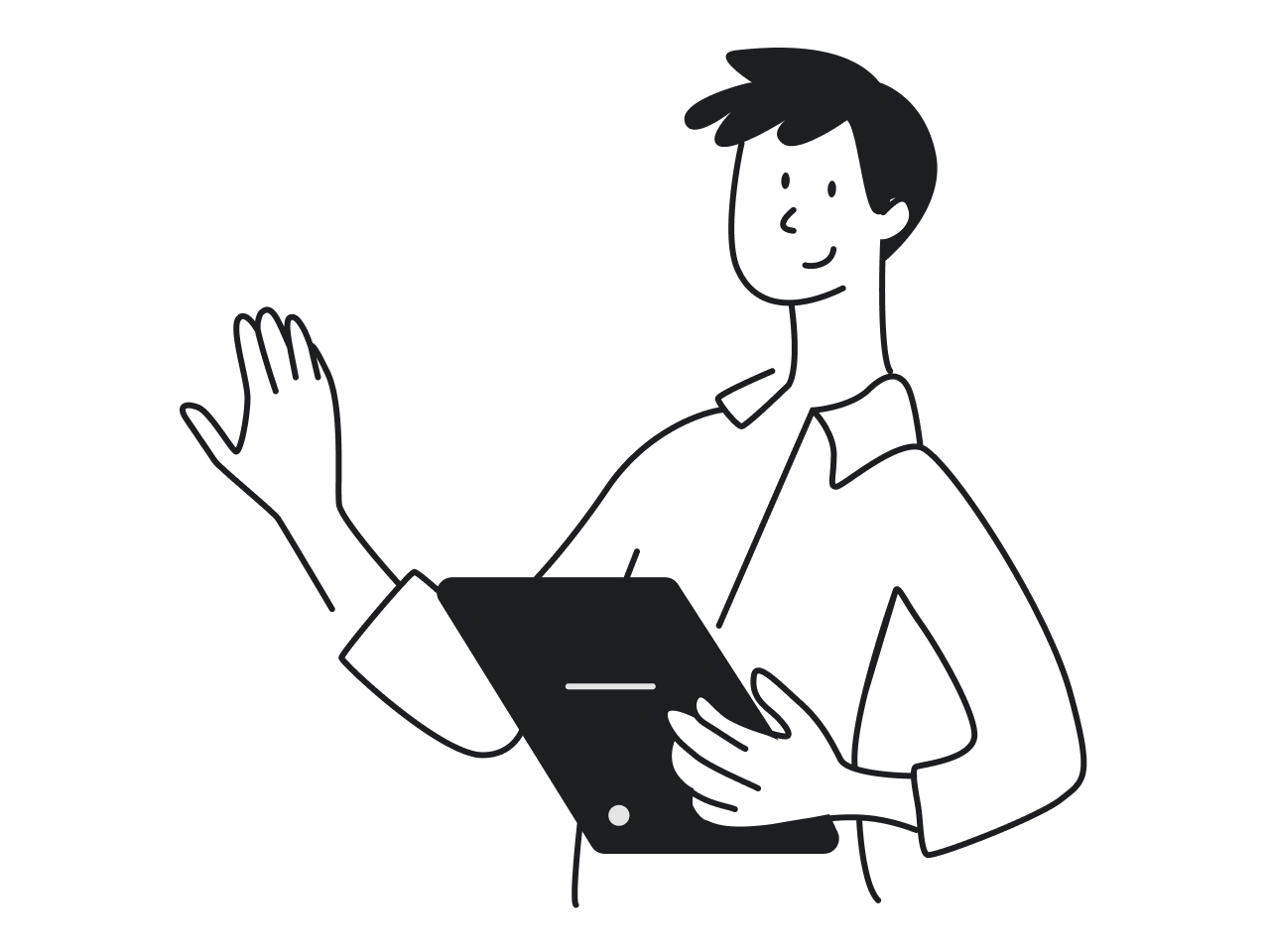
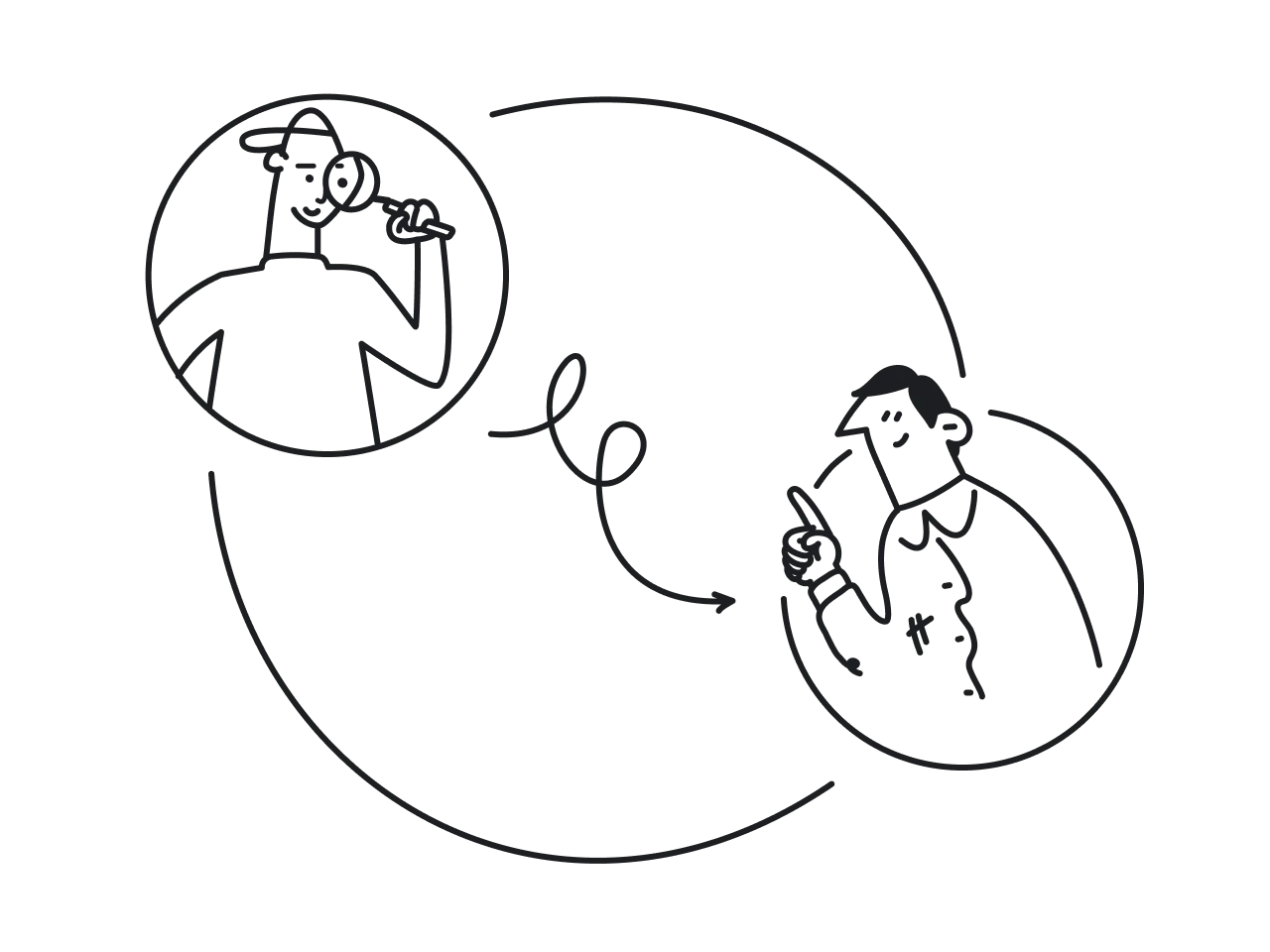
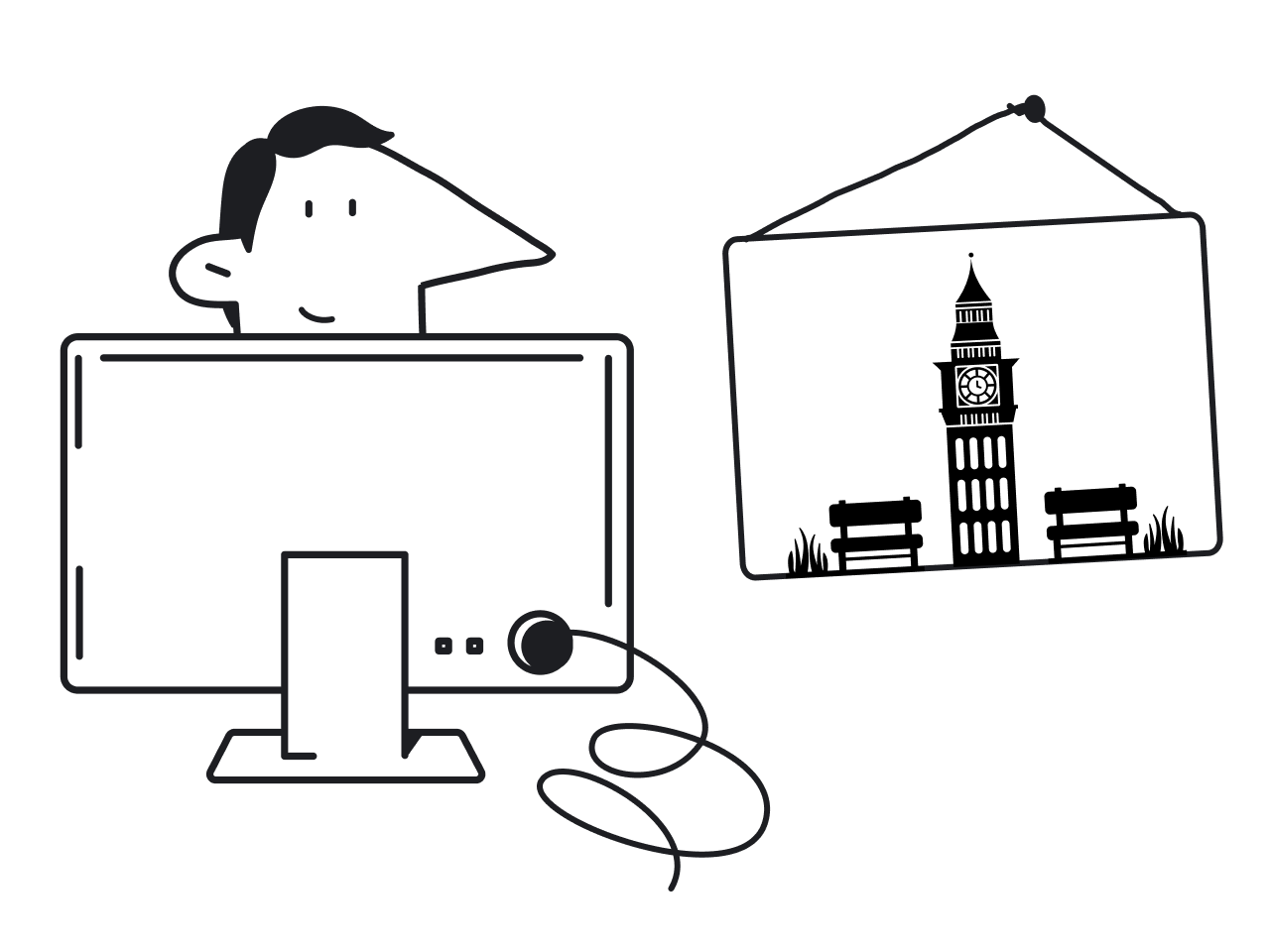
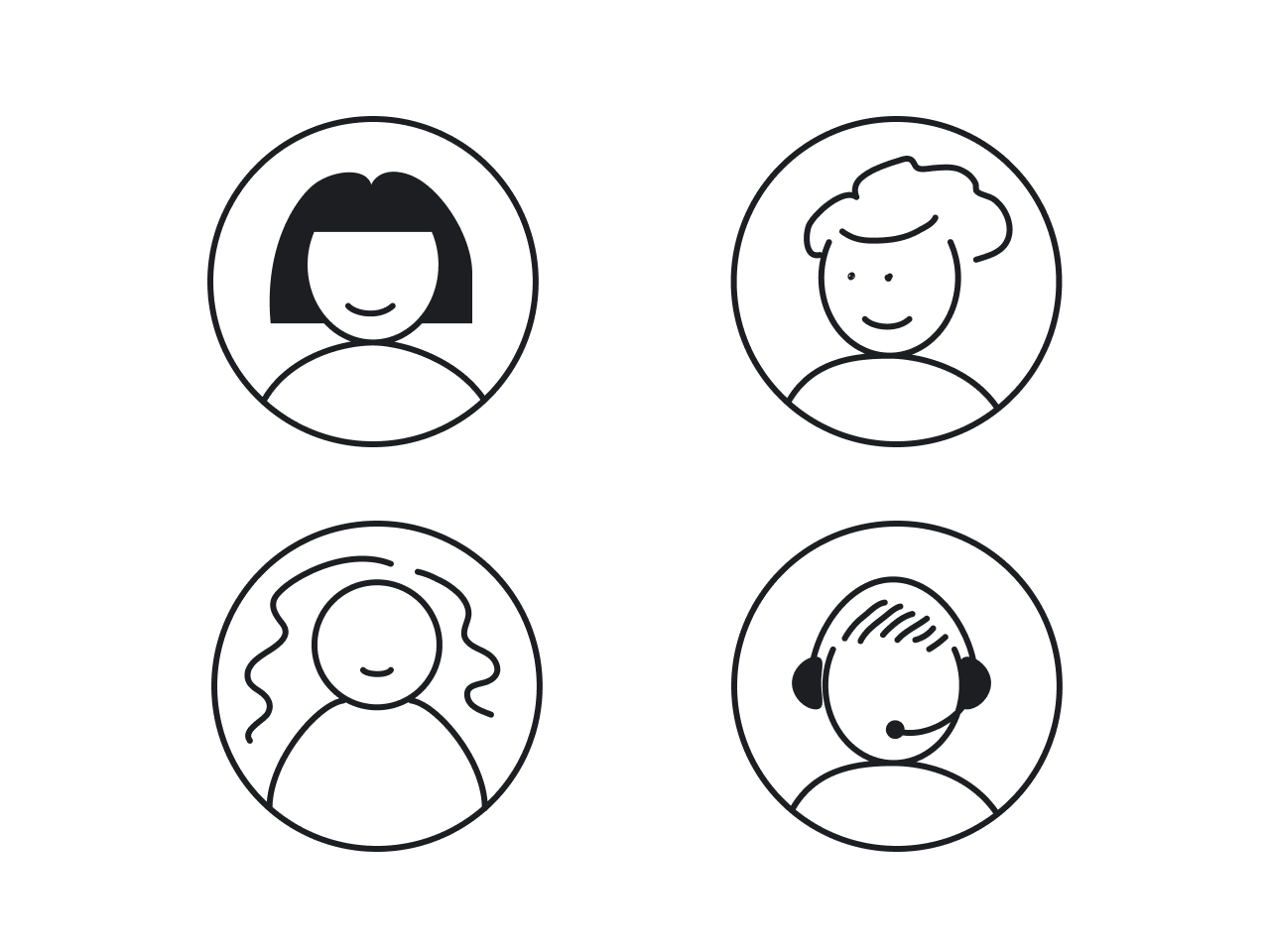



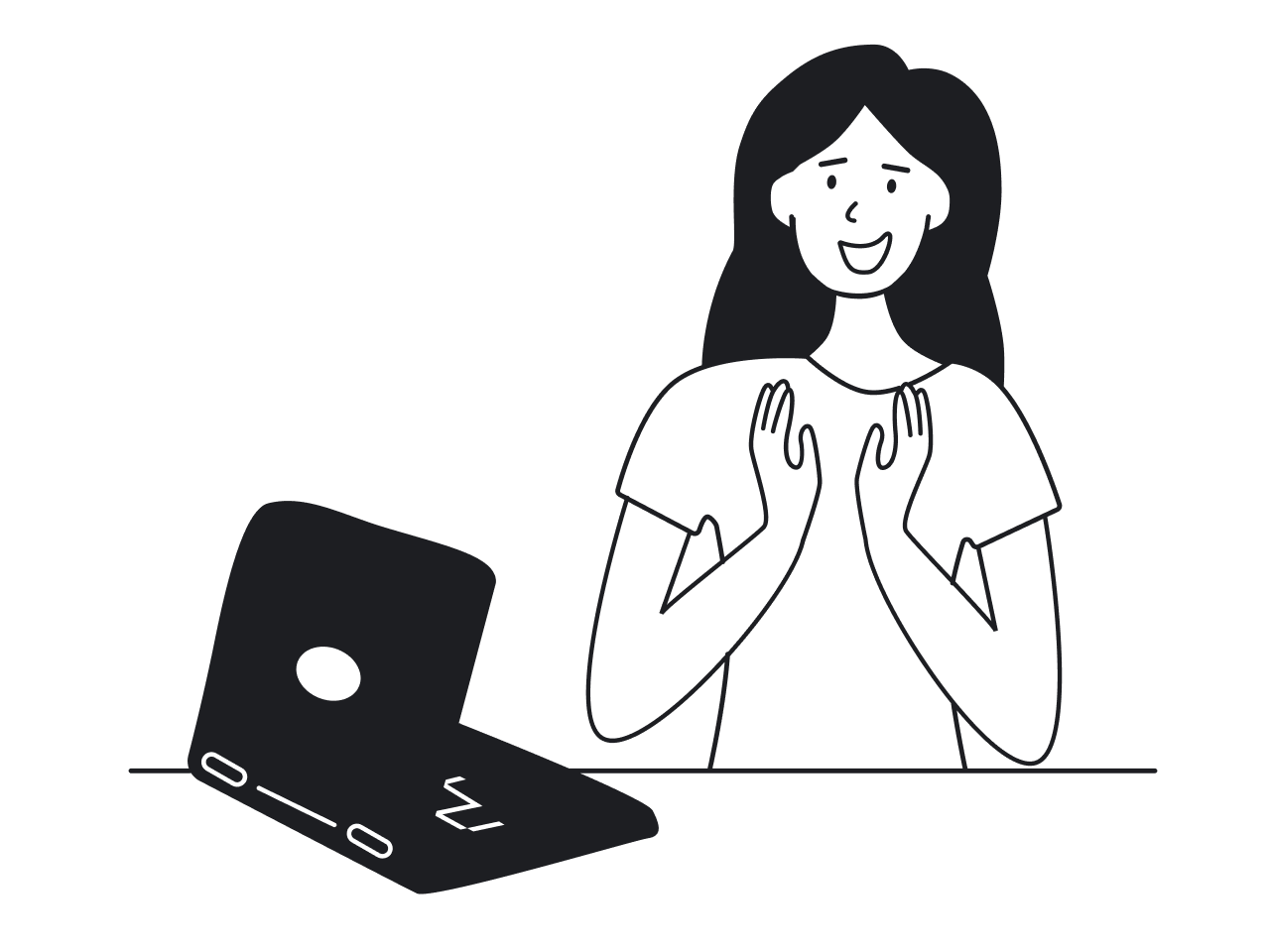
.png)